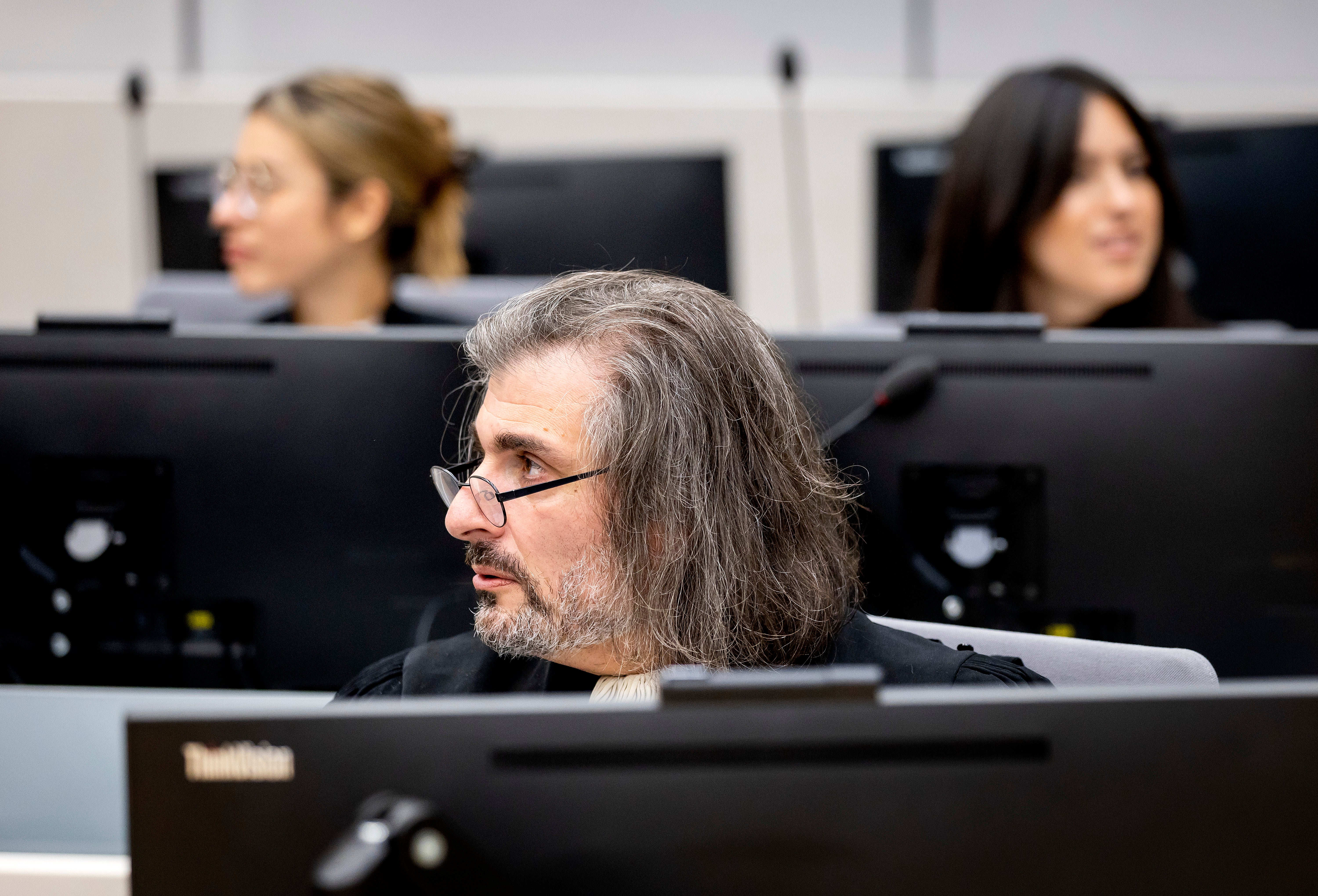An alleged Darfur militia leader was merely 'a pharmacist,' defense lawyers tell a war crimes court
Defense lawyers have told the International Criminal Court that their client is not a Sudanese militia leader who participated in war crimes, but rather “a no one” who was not involved in the ongoing conflict in the nation

Defense lawyers told the International Criminal Court on Thursday that their client was not a Sudanese militia leader who had participated in war crimes, but rather “a no one” who had no involvement in the ongoing conflict in the nation.
Prosecutors say Ali Mohammed Ali Abdul Rahman Ali is better known as Ali Kushayb, a leader of the Janjaweed militia. He has denied 31 counts of war crimes and crimes against humanity in what the defense claims is a case of mistaken identity.
“The man sitting behind me was utterly a no-one,” defense attorney Cyril Laucci told The Hague-based court in his opening presentation.
Laucci says his client was working as a pharmacist at a market in a remote part of the Darfur region of Sudan during the conflict, which began in 2003, leaving some 300,000 people dead and driving 2.7 million from their homes.
Violence erupted when rebels from the territory’s ethnic central and sub-Saharan African community launched an insurgency, complaining of oppression by the Arab-dominated government in the capital, Khartoum. The government responded with a scorched-earth campaign of aerial bombings, and unleashed militias known as the Janjaweed, who are accused of mass killings and rapes.
Prosecutors claim the defendant was a senior commander in the Janjaweed militias from 2003-2004, acting as a go-between for the militia and the Sudanese government. According to the indictment, he even participated in some attacks against civilians.
“You will see that he took pride in the power that he thought he exerted and the authority that he had,” ICC chief prosecutor Karim Khan told the court when the trial opened in April of last year.
Abdul Rahman surrendered to authorities in the Central African Republic, near the border with Sudan, in 2020. In his first appearance at the ICC that same year, he said the charges against him were “untrue.” He faces a maximum sentence of life imprisonment if convicted.
The conflict in Darfur is the first investigation sent to the court by the United Nations Security Council and the defendant, now 74, is the first person from Sudan to go on trial. Sudan is not a party to the Rome Statute that created the ICC in 2002.
Earlier in the trial, judges heard from 56 witnesses who described horrific violence and the use of rape as a weapon to terrorize and humiliate women. During one massacre, Abdul Rahman allegedly told fighters: “Repeat, repeat for these people. Maybe there are some that you have missed,” according to one witness.
In July, Khan told the U.N. Security Council that his office was looking into possible new crimes after renewed violence erupted in Darfur.
The court has also issued arrest warrants for former President Omar al-Bashir, who is accused of genocide; former defense minister Abdel Raheem Hussein; and former interior minister and governor Ahmad Harun. All three men are currently detained in Sudan, which has refused to hand them over to the court.
Bookmark popover
Removed from bookmarks